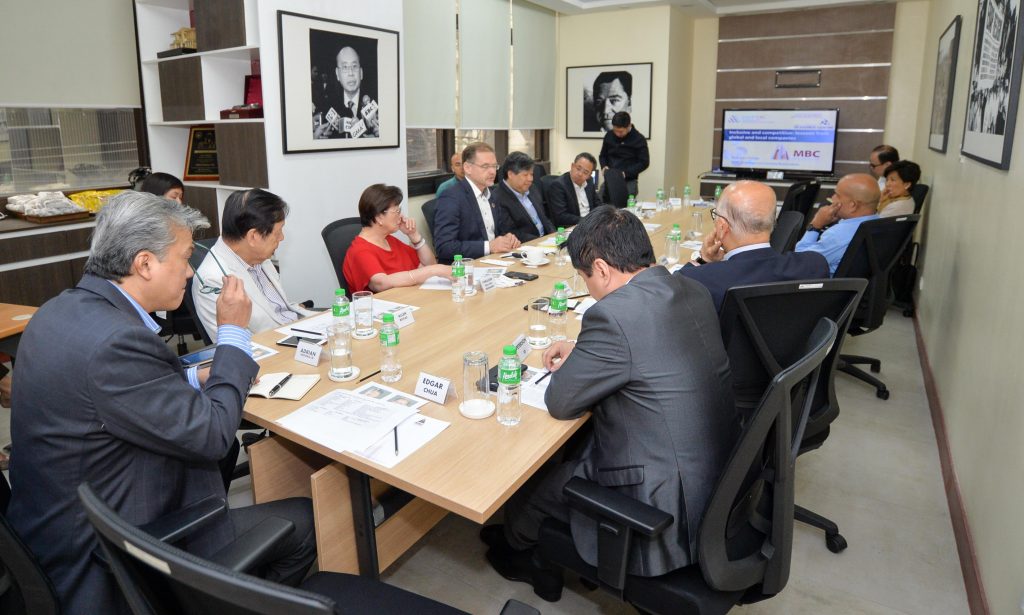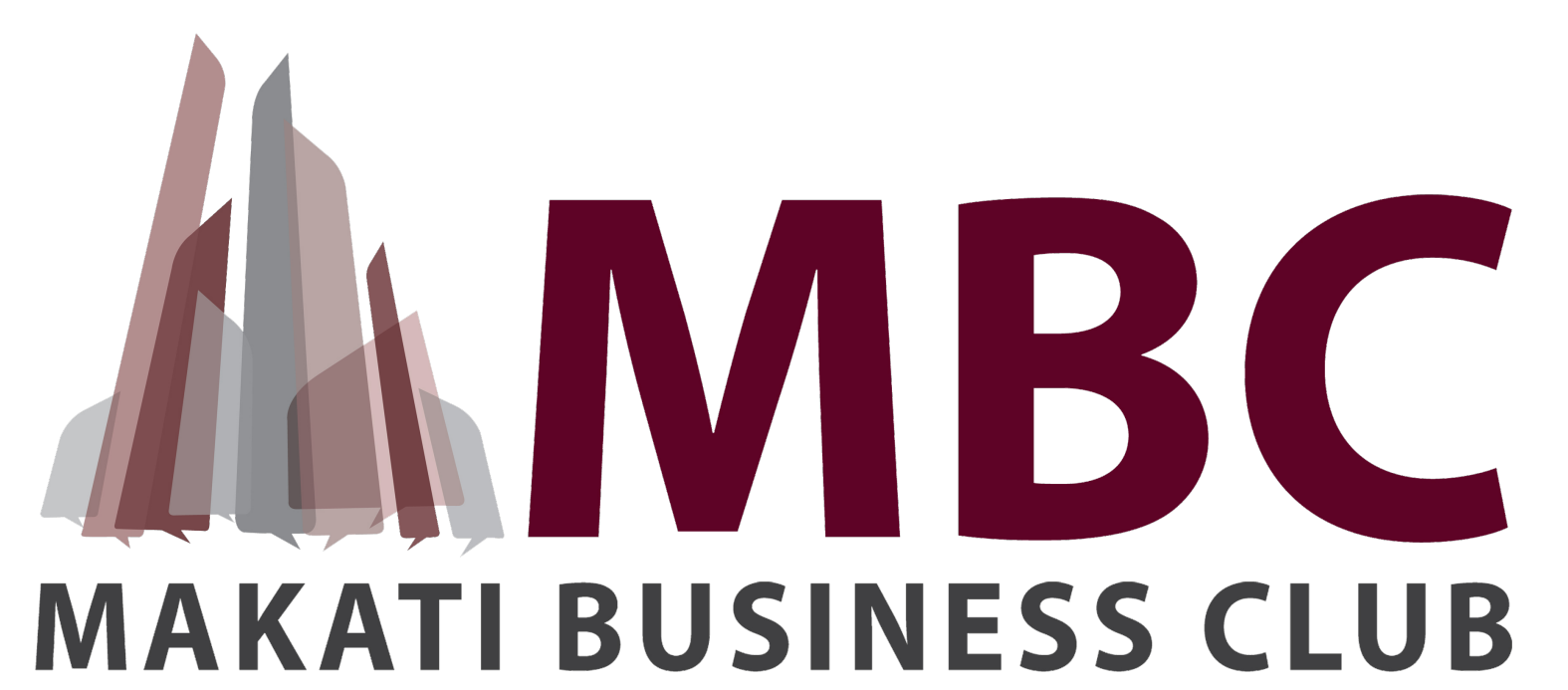
16 July 2018 – Members of the Makati Business Club met with University of the Philippines professor Emmanuel De Dios and Rotterdam School of Management professor Rob van Tulder to discuss compelling business cases for companies to adopt inclusive business strategies in their operations, particularly in their supply chains.
The business executives and resource speakers looked at various IB practices in the country, especially in the areas of inclusive financing and inclusive value chains. Van Tulder explained that these models are not—and should not be—treated as philanthropic activities but as growth partnerships linked to the core business of companies.
This was supported by the presentation of successful IB cases in the Philippine agriculture sector from which firms from other sectors can gain valuable lessons. For example, De Dios shared his research team’s insights in studying agriculture value chains. “It’s not just physical connectivity that is needed. It is the relational and transactional connectivity, too. Larger firms and social enterprises, with greater presence in the country and direct access to consumers, can build that relationship and increase the value that the farmers produce and receive,” he said.
The experts presented the factors that drive corporations to invest in sustainable practices, beginning with reducing cost, boosting reputation, and promoting goodwill. In other cases, the decision to adopt sustainable and inclusive practices is a strategic move to support their core business, such as in the case of food manufacturing firms that support sustainable fishing. Finally, there are proactive companies that adopt an IB approach because of diversification plans. This means creating shared values and having joint responsibility for prices and quality with supplier communities.
According to Van Tulder, human resource management offers one of the strongest arguments for inclusiveness and high social performance. “People do not want to work for companies that are known to have lower sustainability and inclusive practices than its competitors.” And because of the competitive labor market, Van Tulder said the result could be higher wage costs for companies with reputation problems. He added that workers employed in responsible and inclusive companies are more likely to support their companies in overcoming corporate crises.
De Dios and Van Tulder are currently working with Philippine companies in an action research program, Escaping the Middle-Income Trap: Chains for Change Center (EMIT-C4C), which looks at the conditions that improve the inclusiveness and competitiveness of frontrunner firms in the Philippines. The roundtable discussion was the first of MBC’s series of activities promoting inclusive business practices to its member companies, as well as its overall advocacy for businesses to adopt any or all of the 17 UN Sustainable Development Goals (SDGs).
